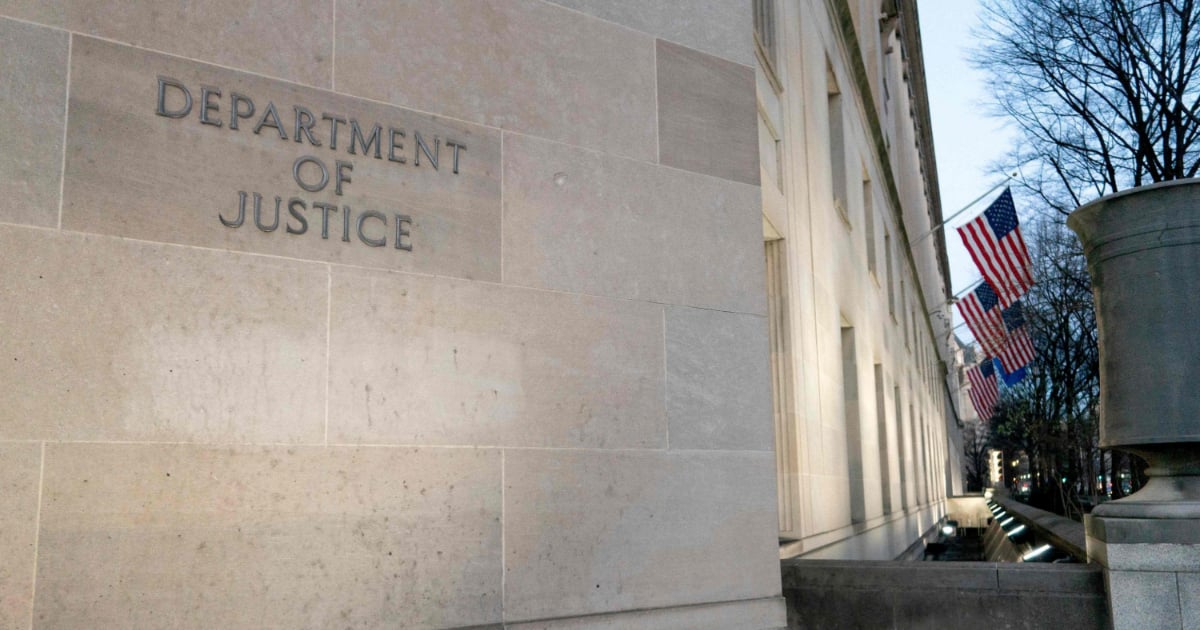
The United States presented new regulations on Monday to protect the personal data of its citizens and federal government information, aiming to prevent it from falling into the hands of regimes such as those in Cuba, Venezuela, China, Iran, Russia, and North Korea.
These provisions, driven by the Department of Justice and presented since last March, arise in response to the growing threat of cyberattacks, espionage, and blackmail by these nations, according to the EFE agency.
The executive order is based on the concerns of U.S. intelligence services that adversary countries are treating the personal data of American citizens as a valuable "strategic resource," increasingly accessing it through third parties.
President Joe Biden's initiative aims to protect sensitive information such as financial data, geolocation, biometric identifiers, and other personal details that could be used for malicious purposes.
In this way, data transactions with intermediaries that may transfer such information to "countries of interest" will be prohibited, as well as the exchange of data related to U.S. government employees, the Department of Justice stated on its website and warned that criminal and civil penalties will be implemented to enforce these new regulations.
It was also specified that the transfer of large volumes of sensitive data will be restricted, including genomic information from more than 100 people or health and financial data from more than 10,000 individuals within a 12-month period, as well as the precise geolocation of more than 1,000 devices.
These measures aim to strengthen national cybersecurity and ensure greater protection of citizens' privacy, as well as to promote a safe and globally interoperable internet, in line with the principles of human rights and international free trade.
What do you think?
COMMENTFiled under: